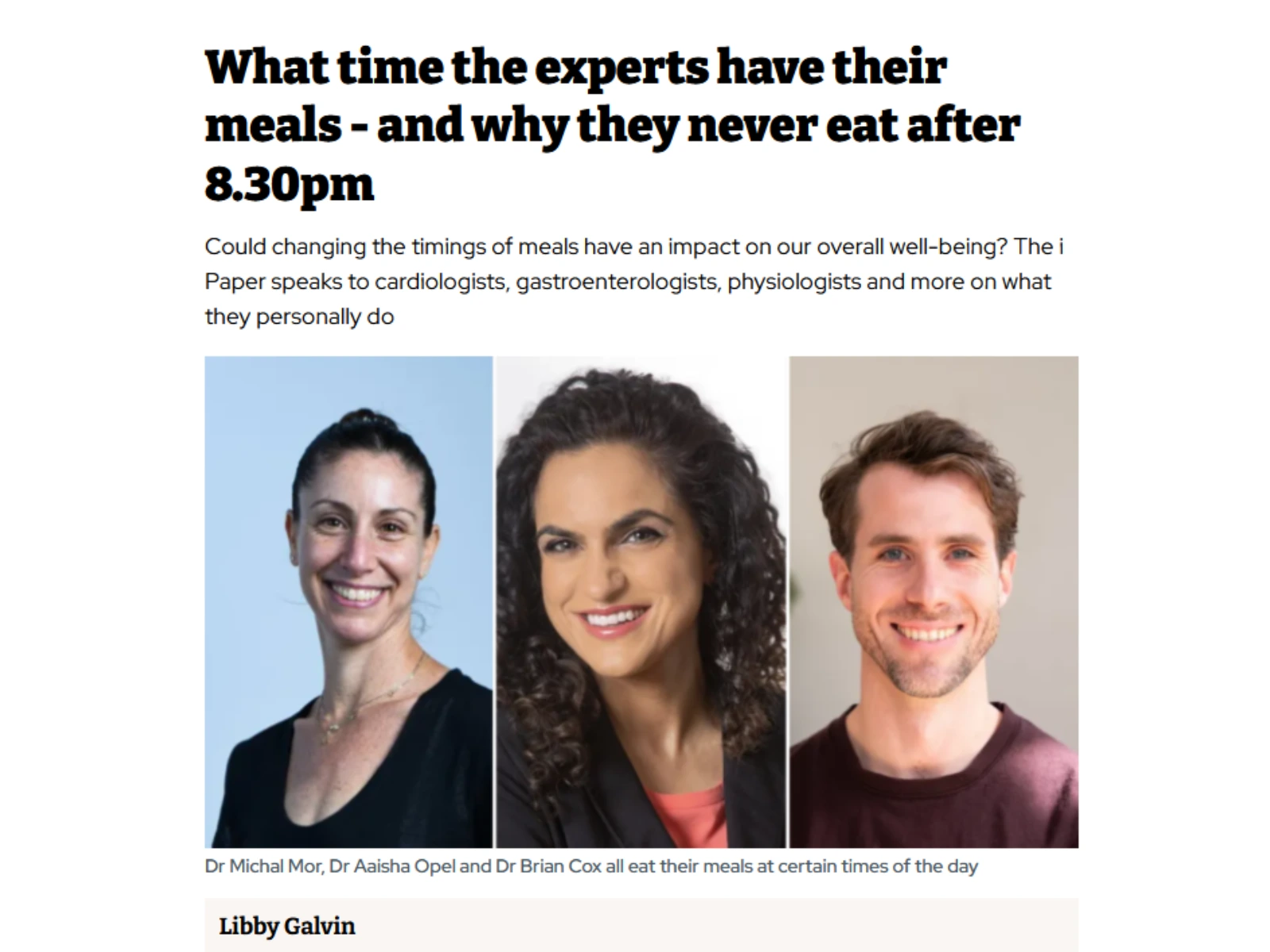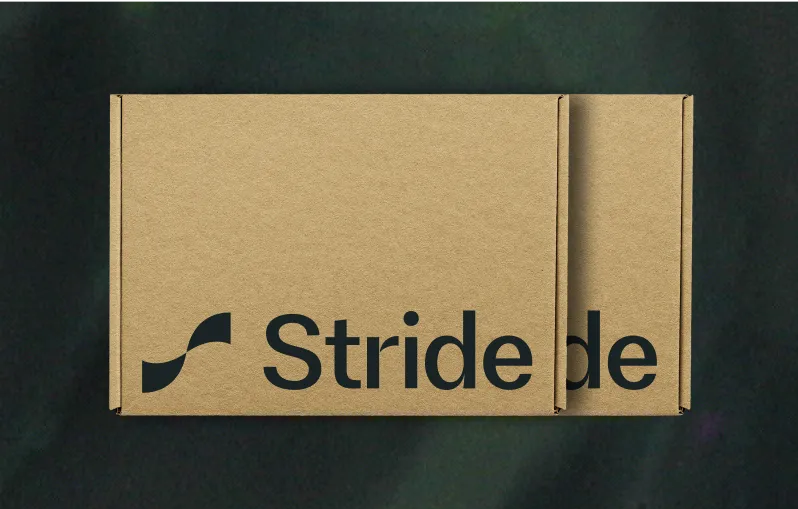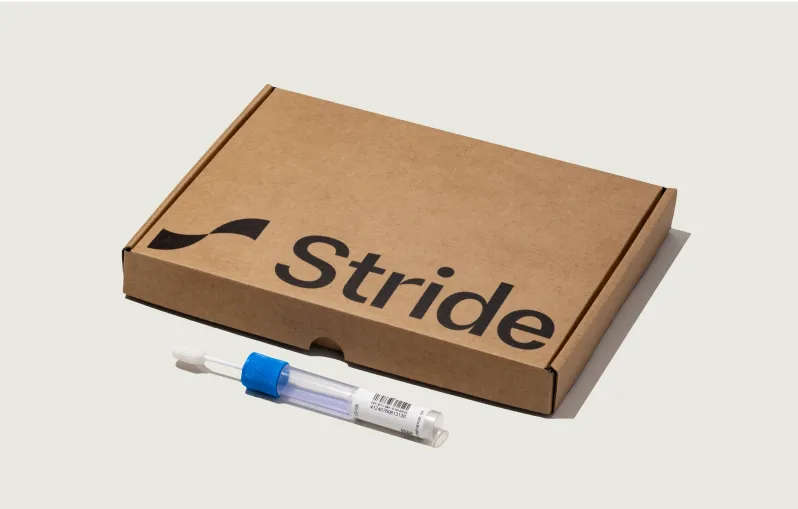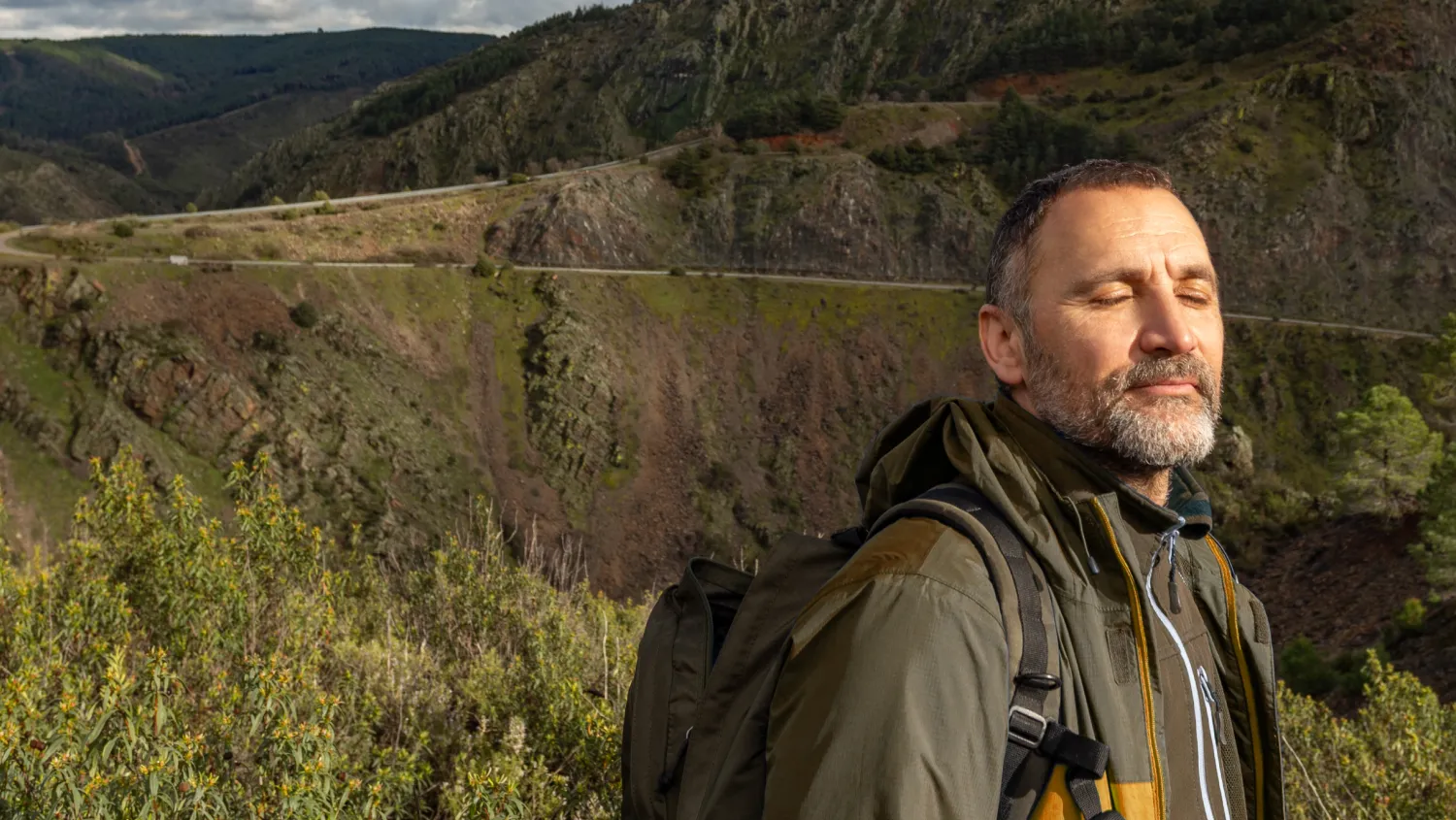Buy One Get One Half Price and 🎄 Merry 🎄 Other Savings
News
8 Minutes

The i Paper: What time the experts have their meals - and why they never eat after 8.30pm
Could changing the timings of meals have an impact on our overall well-being? The i Paper speaks to cardiologists, gastroenterologists, physiologists and more on what they personally do.
04/02/2025
Press Release
The i Paper: What time the experts have their meals - and why they never eat after 8.30pm
Time restricted eating, intermittent fasting, and early dinners are all the rage in the world of wellness, and eating only at the “right” time has been credited with everything from aiding weight loss to adding years to your life.
But what do the health experts actually do in their own lives? We spoke to six top doctors to find out more about their meal timings…
'14-hour overnight fasts keep me young’
Dr Sabine Donnai, a consulting GP and founder of personalised longevity company Viavi

I fast overnight, every night, for around 14 to 15 hours starting at 7 or 8pm and ending the next day at 11am. Our research [at Viavi] has shown that this length of fast – from around 14 hours to no more than 16 or so hours a day – is one of the most effective factors we can change to influence the pace of ageing.
I tend to have a protein-rich brunch, some avocados, some scrambled eggs, with some berries. I don’t eat bread as I don’t find gluten has much value to offer nutritionally. The rest of the day is an absolute variety – I plan to eat 100 different foods a week, because you need different foods to feed your gut bacteria, to keep them all alive and healthy. It also really helps to balance time spent fasting with a high nutrient intake to support all your metabolic functions – this is something I find can often be a problem with people who fast, they can become malnourished from a nutrient perspective, which ironically can lead to higher cortisol levels and weight gain.
I’ll have a salad for lunch and in the evening, one night I’ll cook Mexican, the next Italian, Chilean, Thai, to get all those different spices and herbs in and really feed my gut microbiome. I stick to wild Alaskan salmon to avoid farmed fish, and prefer game meat as its leaner, and has less cholesterol. All this effort for variety in my meals might sound very scientific, but really it’s just fun!
I began eating this way six years ago. I’m 62 and when I began, my speed of ageing – as measured by a blood test – was 0.9 (a speed of ageing equivalent to your chronological age would be 1, faster than your chronological age would be more than 1). Now, just through adopting this overnight fast, it’s 0.78 – although I am aiming to get it down to 0.5 ultimately.
‘Skipping breakfast and having an early dinner works for me’
Dr Aaisha Opel, a consultant cardiologist and electrophysiologist and medical director at OneWelbeck Heart Health

I practice what I think of as the simplest form of intermittent fasting, the 16:8 method, which involves not eating for 16 hours and eating within an 8-hour window – and obviously not eating junk within that window! What that translates to, for me, is skipping breakfast.
I recommend the same method to my patients, too. There are all manner of fad diets out there, but I prefer to take a holistic view and, as a cardiologist, when we’re talking about risk factors for heart disease, there is really robust data to suggest that intermittent fasting is good because, yes, it helps with weight loss, but also with control of cholesterol, blood pressure, blood sugar, heart rate, and even with memory. Plus, it’s a sustainable way of living. I’m 47 and I’ve been doing it for years, even pre all this data.
I get up early – my eyes usually just open before 5am, and even if I set an alarm I’m awake before it goes off. I’ll have a coffee in the car on the way to work around 6.30am and eat lunch at midday. I’ll have a salad – sweet potato, beetroot, lettuce, cucumber, sweetcorn, maybe a chickpea mix, from the salad bar at work – or a salmon sushi tray from Itsu.
Dinner varies depending on our family schedule, but I try to always eat with my daughter in the evenings. It might be at 6.30pm or 7pm, earlier if she’s home especially early or a bit later if she’s out doing activities in which case I’ll have a snack before. We live with my parents, and often my mother will have made something for us all, a curry or chicken. On Fridays we have our pizza “treat night” with a movie.
I certainly avoid eating late – going to bed on a full stomach and eating rich food late is generally not ideal. But if there’s a school mum’s dinner or something, and it’s got a little bit late, I’ll just slightly shift my eating window, it doesn’t take priority. Those events are few and far between, but I’ve been eating in this way for so long now that it’s really second nature. I find it interesting that fasting has strong historical roots – centuries ago it was a way of life for particular religions not to eat on certain days in the week, which really does mirror intermittent fasting.
‘I do the 16:8, quite by accident!’
Dr Ellie Rashid, a consultant dermatologist at OneWelbeck, and Guy’s and St Thomas’ NHS Foundation Trust

I have been “intermittent fasting” pretty much my whole life without ever having heard about the concept of it at first! From the age of around 16, I would have one or two cups of coffee in the morning (a milky coffee, so not truly intermittent fasting). I was never bothered about breakfast, and my day now starts so early that I never feel that hungry first thing. I’ve never liked eating for the sake of eating and prefer to eat only when I’m hungry.
My eating window is typically from around 12pm to 8pm, and I usually eat a rice bowl, sushi or a wrap for lunch and try to eat a well-balanced dinner. On the rare occasion that I do have breakfast first thing in the morning, I find I’m so much hungrier again and want some kind of snack at around 10 or 11am, but I work in a patient facing role so I know I won’t have the chance to eat anything at that sort of time.
At the weekends my eating window widens – then, I’ll have breakfast at around 9 or 9.30am with my husband and children, which isn’t do-able during the working week when I’m out of the house by 6.45am.
I think the key with any approach to eating, whether it’s time-restricted or not, is finding what works for you.
‘I use tech to time my eating on a day-to-day basis’
Dr Michal Mor, physiologist and co-founder of metabolic health company Lumen

Most days, I’m up very early, around 5am, for a workout. I eat three “full” meals a day and sometimes snacks too, but I don’t follow any kind of pre-determined schedule for eating – I measure my metabolism [using Lumen] to see what my body actually needs in real-time, and that can change day to day.
So, for example, I take a measurement before heading to the gym to see if I’m burning mostly fat or carbs, which determines whether or not I need to fuel up to support my workouts. Usually, I’ll have just a coffee before heading out the door, but if I find I’m in fat burn mode before a particularly high-intensity workout and could do with more carbs, I’ll eat something to provide sufficient energy and prevent muscle breakdown – say dates, or a banana. These are simple carbs that give my body the quick energy needed for a high-intensity session.
I do try to make a point of eating post-workout to fuel my muscle recovery, within about 45 minutes after exercise. I'll typically have a protein-rich breakfast, including a couple of eggs and a salad.
Before lunch, I’ll check in again to see how carb-heavy my meal choice should be [if I’m burning carbs, that’s a sign that my body’s glucose stores are still full from my last meal, so I don’t need more and I’ll opt for a lower carb meal]. If I’m back to burning fat, I’ll go for something like a large chicken wrap. I’ll often order double the chicken to help reach my protein targets. Another favourite lunch is a massive salad with lots of chickpeas and tahini to keep me full all afternoon.
I don’t snack much, but will sometimes have some veggies, nuts, or a yogurt in the afternoon if I’m feeling a bit hungry. And then dinner is typically my lightest meal of the day. I’ll generally have some roasted veggies and fish, maybe a beer with that if we’re heading into the weekend. It’s all about balance after all, and I know that I can easily get back on track by staying in tune with my metabolism.
‘Twice a week I’ll fast for 14 hours’
Dr Lisa Das, a consultant gastroenterologist at OneWelbeck Digestive Health in London

Two days a week, I’ll make sure to stick to a 14:10 eating schedule – purely because it’s more compatible with my work schedule than the 16:8. The first thing I’ll eat is lunch, and it’ll be my biggest meal of the day, and I’ll snack on nuts and fruit until eating dinner after I’ve finished work. We know that periods of not eating allows the gut microbiome to rest and heal, and that eating earlier in the day and – where possible – only in daylight hours helps aid in body repair and helps us to maintain a healthy circadian rhythm and sleep pattern. I find it does make a difference to your gut motility and state of alertness. Of course, in winter in the UK we can’t really get away with eating only during daylight as there is fairly little of it.
On the other five days of the week, I don’t restrict what time I start eating, but I make an effort not to eat past 8.30 at night, although it’s difficult and, working the hours I do, it does sometimes happen. But if I didn’t have my work schedule, I’d choose to eat much earlier. After all, evidence shows that a meal eaten in the morning metabolises much better than the same meal eaten later in the evening.
Of course, the focus should be on overall diet quality rather than just when one eats – I find there is a risk that people sometimes make worse food choices after fasting, or going to the gym, because they feel sanctimonious about having restricted their eating timing or about having done exercise. But fibre and variety are really important – you need to eat 30 different fruits and vegetables a week, and when I talk about salad I don’t mean just a handful of cucumber and tomato every day.
‘My schedule is all over the place’
Dr Brian Cox, medical director at health optimisation company Stride and a senior fellow in emergency medicine at Whittington Health NHS Trust

As an emergency medicine doctor, it’s impossible for me to be overly strict with my eating, because my schedule is all over the show. What I try to aim for is at least two proper cooked meals, whether that’s a daytime lunch and dinner or a late lunch and middle of the night dinner, if I’m on a night shift.
On a day shift, from 8am until 4am or 8am until 6am, I won’t have breakfast, just a coffee. Then I’ll typically have a small snack or fruit around 10-11am, a full lunch around 1-2pm, and a main meal around 8 in the evening with my partner, who cooks a variety of fish and meat, vegetables and fermented foods. We really like rice, vegetables like okra, bean sprouts, bok choy, leeks, and aubergines, and broth-based soups.
On night shifts, if I’m starting from a day off, I’ll have something small mid-morning – today I had porridge, sometimes I’ll have a pastry (delicious, though they don’t really sustain me) – and a decent lunch around 2pm. I won’t eat again until I have a small meal before starting work at 10pm, a main meal at 2-3am, and then go straight to sleep after work in the morning, restarting the cycle the next day in the afternoon if I’m on several shifts in a row. I never eat before going to bed after a night shift as it can really disrupt my sleep.
It’s not “normal” but it’s a flexible way of eating that I’ve found works for me – and it helps me keep up enough energy to exercise three or four times a week, as well. I like to get in a good regular session of running, cycling or functional fitness and I take creatine, protein supplements and Stride’s Daily multivitamin to keep my energy levels up and preserve muscle growth. I like to think the quality of what I’m eating makes more of a difference than the frequency.
***
Read the original article posted on The i Paper.
Press Contacts
Georgie
georgie@thebeamroom.com
The Beam Room
Kate
kate@thebeamroom.com
The Beam Room
***






